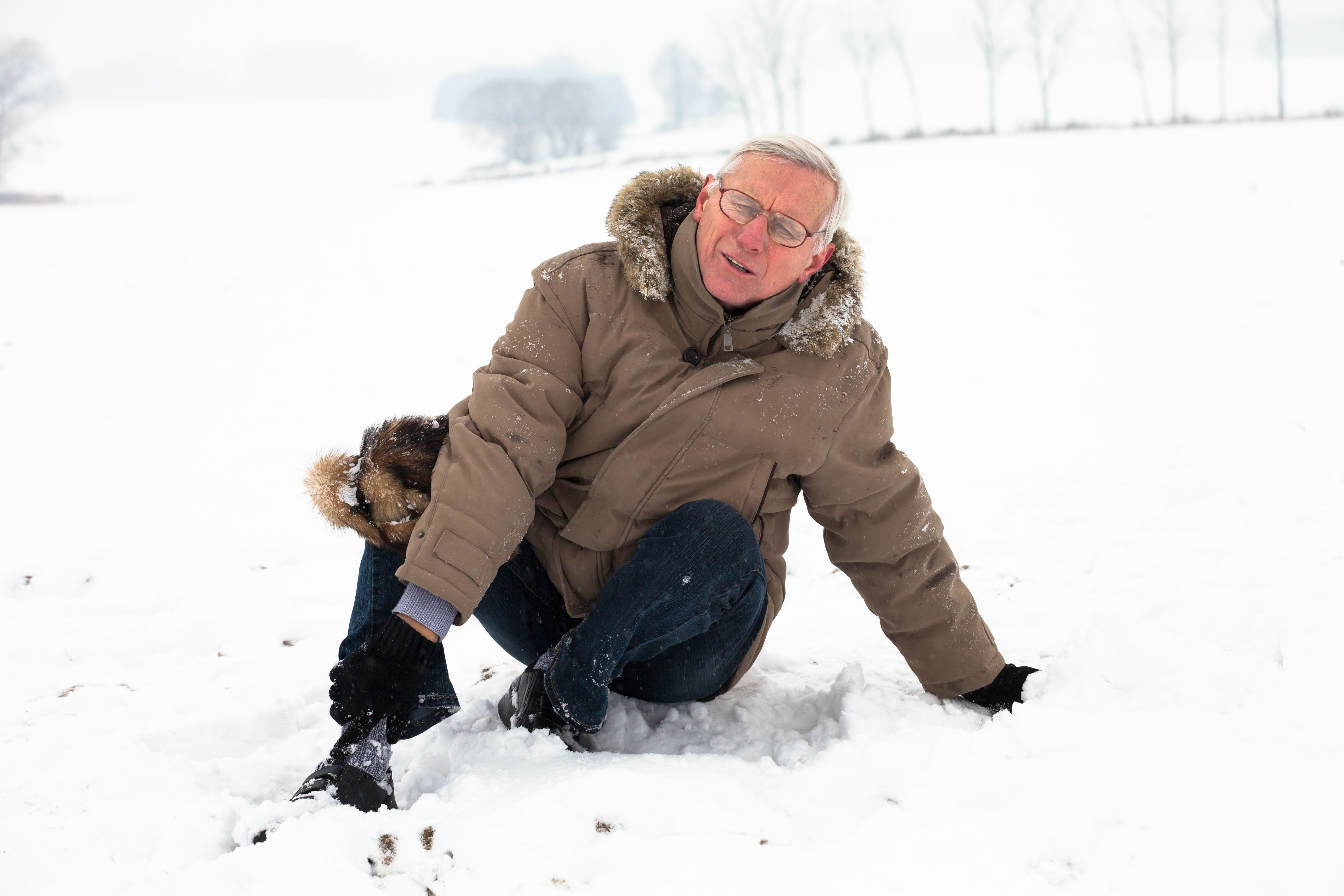- HOME
- SERVICES
- WHERE TO BEGIN
- LOCATIONS
- RESOURCES
- HEALTH PLAN SERVICES
- CAREERS
- EMPLOYEES

Prepare for Winter with Home Health Care
Freezing temperatures and winter weather events can be dangerous, but having a solid plan in place and the support of licensed home care can make all the difference in weathering the storm. Premier Home Health Care Services, Inc. can help develop an emergency plan to ensure that patients continue to receive the highest quality care during the winter.
Without licensed home care, patients are on their own to coordinate with state health departments and communicate with first response units in the event of an emergency. Premier patients and their families can rest easy in knowing that Premier is tied into state communication loops that are used to coordinate and provide vital information for any emergency evacuations if necessary. Premier can also help create an emergency preparedness plan as an additional service for clients.
Before a storm hits, it’s helpful to have a plan in place. By making arrangements with Premier to have overnight coverage, for example – ensuring someone is there should something happen during the night – can provide peace of mind. Making sure that you or your family member has all necessary medications and supplies to get through a storm is also critical. Premier can ensure patients have back-up doctor’s appointments scheduled so in the event a storm and they are unable to make it to their appointment, they still have a back-up appointment lined up so they don’t have to wait weeks before seeing the doctor.
Here’s a helpful checklist for winter storm readiness:
- Have emergency numbers handy.
- If your home loses power or heat for more than a few hours, the Department of Homeland Security advises considering a designated public shelter. Text SHELTER + your ZIP CODE to 43362 (4FEMA) to find the nearest shelter in your area. (Example: SHELTER11747)
- Check to see that you have a safe supply of medications to get through the storm (especially if roadways become unsafe and getting to a pharmacy might be dangerous).
- Have a communication plan established with your home health aide and family in place.
- Arrange for help in winterizing your home.
- Whether or not arrangements with a family member or service are in place, plan to weather strip windows, have heating equipment is serviced and ready, and clear out rain gutters, among other tasks.
- Avoid using space heaters or ovens for heat, as they can become a fire hazard.
- Keep emergency supplies handy.
- Batteries (including extra charged mobile phone batteries)
- Flashlights
- Plenty of food and bottled water
- If the stove is electric and the power goes out, it’s important to have food that doesn’t require cooking on hand (like nutrition bars, peanut butter, or cereal).
- First Aid kit
Other items to consider include having a plan in place for walkway shoveling. Also, have a generator available to keep the refrigerator and some lights going in the event of a power outage (and plan for help getting it started and keeping it fueled). Knowing who will be responsible for these things in advance can take some of the worry out of the possibility of a winter storm.
Once the storm has passed, getting around can prove to be a challenge. In the event of a fall, it’s important to keep a charged cell phone with you to call for help. But taking precautions can help minimize the chances of a fall.
Tips to help prevent falls:
- Wear low-heeled boots with excellent traction.
- Rubber soles are advised.
- Exercise regularly to improve balance.
- As the National Institute on Aging notes, “Balance exercises help prevent falls, a common problem in older adults. Many lower-body strength exercises also will improve your balance.”
- Speak with your doctor before embarking on a new exercise regimen.
- There are a number of exercises that can help with balance. For fun workout ideas, check out our blog, “Watercize” for Fun and Health.
- Take short steps, and walk slowly.
- Use handrails if possible.
- Use the buddy system.
- Walk with someone, like your home health aide.
- As the National Institute on Aging notes, “Balance exercises help prevent falls, a common problem in older adults. Many lower-body strength exercises also will improve your balance.”
The winter season can be enjoyed safely with advanced planning. From keeping the winter blues at bay to the difference live-in care can make for patients, our blog offers helpful tips and information to help find the care that’s right for you or your family. To speak to us now about the Premier difference, please call 1-866-648-5119.
